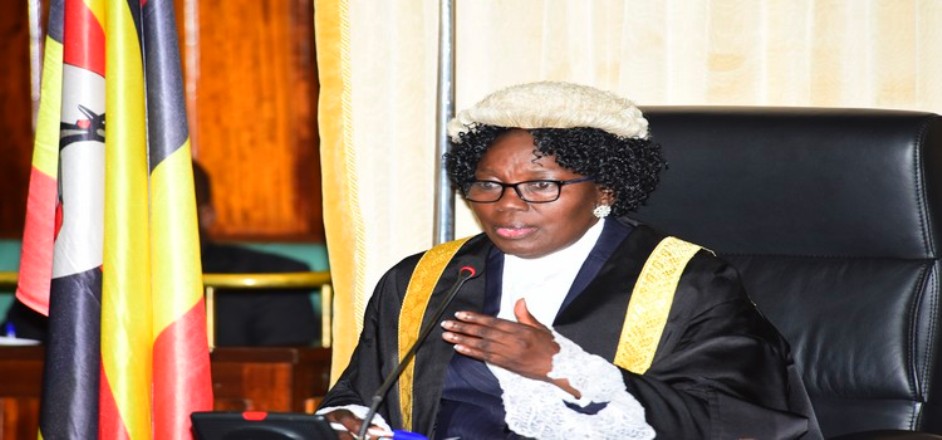The company logo for Johnson & Johnson is displayed to celebrate the 75th anniversary of the company’s listing at the NYSE in New York, U.S., September 17, 2019. REUTERS/Brendan McDermid/File Photo
Drug regulators in Tanzania, Rwanda and Zimbabwe have recalled a batch of Johnson & Johnson (JNJ.N), children’s cough syrup as a precautionary measure after their Nigerian counterpart said laboratory tests found high levels of toxicity.
The countries join Nigeria, Kenya and South Africa in recalling the same batch of the syrup, which is used to treat coughs, hay fever and other allergic reactions in children. South Africa has also recalled an additional batch.
Laboratory tests on the syrup by Nigeria’s health regulator showed a high level of diethylene glycol, which has been linked to the deaths of dozens of children in Gambia, Uzbekistan and Cameroon since 2022 in one of the world’s worst waves of poisoning from oral medication.
Diethylene glycol is toxic to humans when consumed and can result in acute kidney failure.
The batch of Benylin Paediatric syrup recalled was made by J&J in South Africa in May 2021, although Kenvue (KVUE.N), now owns the brand after a spin-off from J&J last year.
Tanzania Medicines and Medical Devices Authority (TMDA) said it had begun the recall on April 12 after hearing about the Nigerian test results.
“This is an exercise that does not involve investigation but rather monitoring to ensure that those affected drugs are removed from the market,” TMDA spokesperson Gaudensia Simwanza told Reuters on Monday.
A spokesperson for Kenya’s drug regulator said its test results on the syrup would likely be ready on Wednesday.
“A review of our safety database doesn’t reveal any adverse events reported,” the Rwanda Food and Drugs Authority said in a statement dated April 12. “However, Rwanda FDA issues the present recall for precautionary measures.”
Zimbabwe’s Medicines Control Agency said that it did not have a record of the product’s importation into Zimbabwe, but that it was concerned the syrup could enter the local market illegally. It said it would step up inspections in case.
Kenvue said in a statement that it was conducting its own assessment and working with health authorities to determine a course of action.
By Reuters





